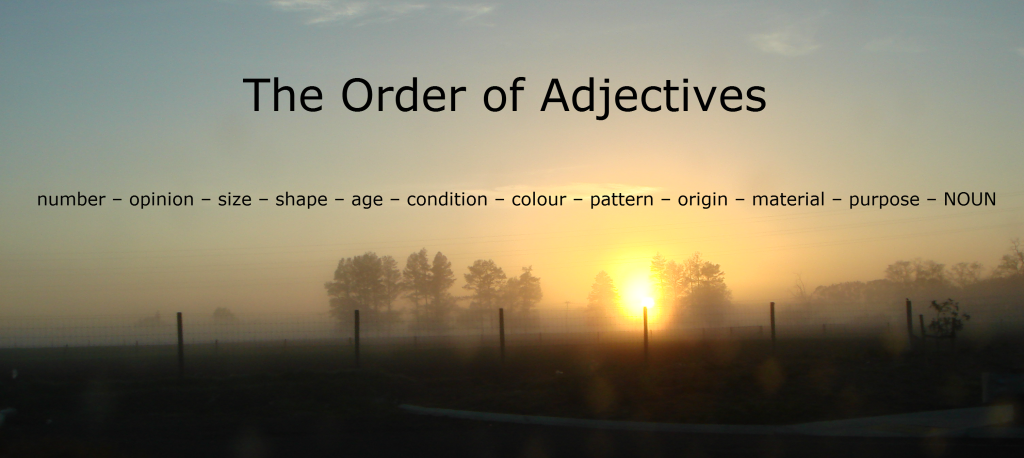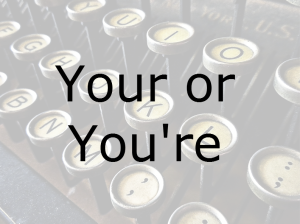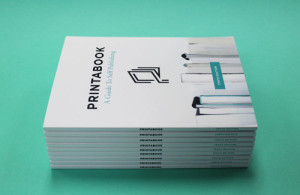Who knew that adjectives in front of a noun actually have a preferred order?
Here it is. The preferred order of adjectives:
Number – opinion – size – shape – age – condition – colour – pattern – origin – material – purpose, and then the NOUN.
For example, if you were describing a bag as “black, old, and cloth”, which is correct?
- The old, black cloth bag, or
- The cloth, old, black bag.
Somehow, the second one just doesn’t sound right, does it?
Another example:
- The blue, clean mountain water
- The clean, blue mountain water
This time the second one is correct.
Here are some examples of a few of the less obvious categories:
Opinion: beautiful, exciting, clever, wonderful
Condition: clean, grubby, worn
Pattern: striped, spotted
Origin: Swedish, German
Material: leather, silk
Purpose: what is it for? These adjectives often end in -ing. Wedding, camping, shopping, etc. However, there are others, such as protective, birthday (cake/party), prom (dress).
When you have two adjectives that are both opinions, such as ‘nice’ and ‘spicy’, the more general opinion (nice) goes before the more specific one. It’s unusual to find more than three adjectives before a noun.
“Tall, dark, handsome man” is a common phrase that goes right against the preferred order, with “handsome” being an opinion and supposedly best earlier in the order. Although all the adjective orders I’ve been able to find seem to follow the rule, I think I’d have to conclude that they are a ‘preferred’ order, rather than a ‘rule which must be followed’. I’d say, when in doubt, it’s reasonably safe—and helpful—to use the preferred order as a useful guide.
To view the comments section, click on the title of this post.



